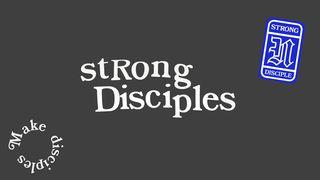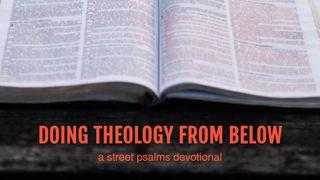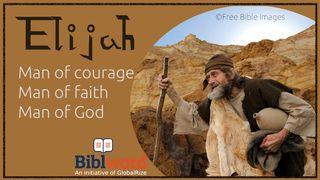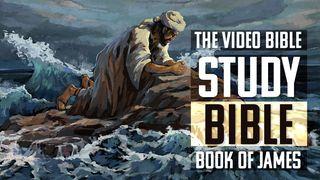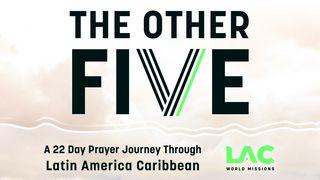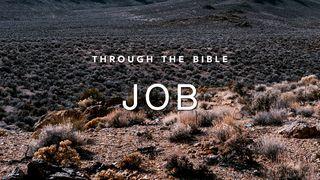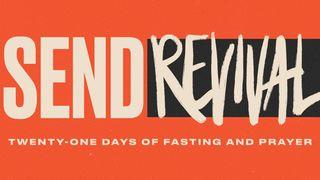Deuteronomy: At Journey's EndSample
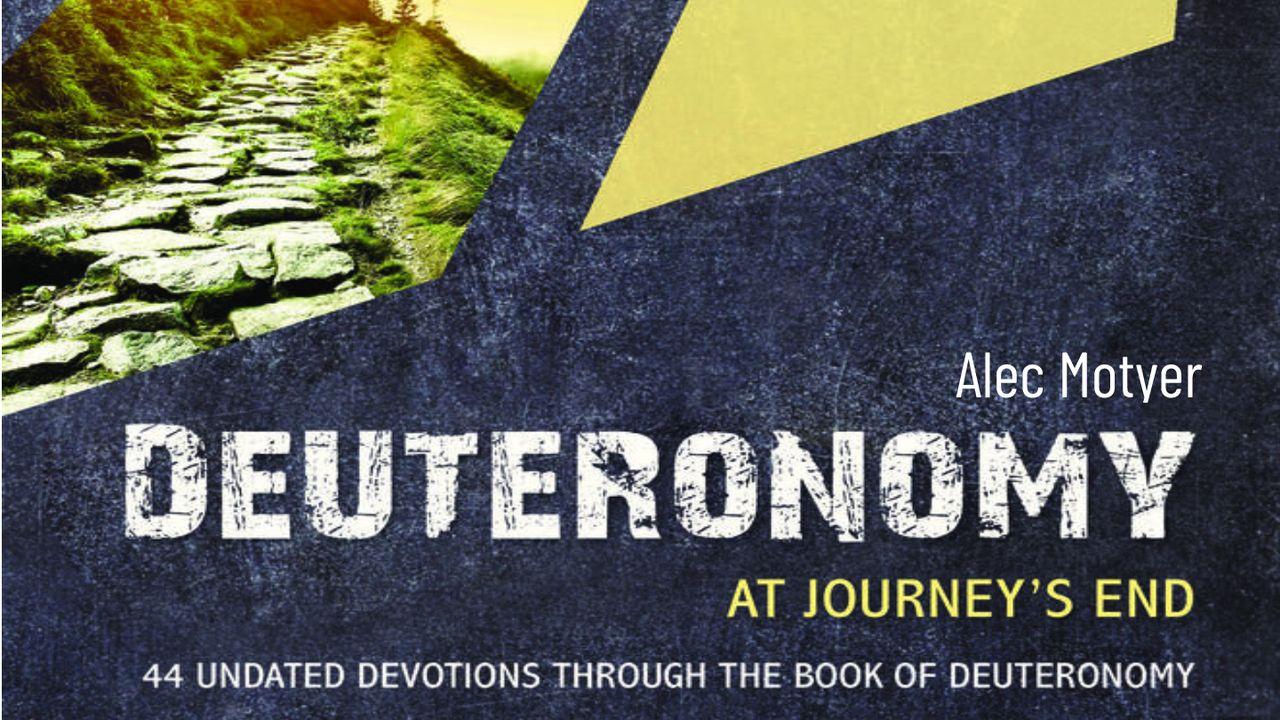
The conclusion of the matter
Chapter 11 is the climax and conclusion of the first section of Deuteronomy. It summarises the main point of Moses’ teaching so far, and does so in three sections:
The past (vv. 1–9) – all they have seen the Lord do for them;
The future (vv. 10–25), as they go forward into Canaan, and find themselves in a new and different situation;
The unchanging, ongoing present (vv. 26–32) – something that is to be their ever-present, fixed reality in their new life.
The common thread binding these sections together is the word of God – God’s own word (v. 1), commanded by and through Moses (vv. 8, 18, 22). It is the key to personal maturity, progress and tenure (vv. 8–9); the basis of a loving relationship with the Lord (v. 13); the dominant factor in personal and family life (vv. 18–19); and the way of victory and advancement (vv. 22–25).
Life in Egypt was dominated by the ever-flowing Nile, whose waters were carried throughout fertile Egypt in man-made canals and channels, some of the latter being so small that they could be either blocked or opened by heaping or removing soil by foot (v. 10). It would not be so in Canaan. Life would depend on rainfall (v. 11), a gift God grants to obedient people (vv. 13–14).
Similarly, Canaanites practised what is called ‘imitative magic’ – doing on earth what one desired the ‘god’ to do from heaven. For this reason the ‘worship’ of Baal included human sexual acts of fertility. It would not be so for Israel. Life and fertility had a moral and spiritual basis in possessing and obeying the word of God.
Furthermore, when Israel entered Canaan, among their first acts was to seek out two mountains in the centre of the land (v. 29) and identify them with life (Gerizim) and death (Ebal), the respective consequences of obeying or disobeying the Lord’s word (vv. 27–28). The very fabric of their new land was to be identified with the call to obey and the warning against disobeying. It was the setting and framework, the context in which they lived and the unchanging constitution of being Israel, the possessor of divine revelation.
Reflection
As Christians, ‘continue in what you have learned … All scripture …’ (2 Tim. 3:14–16). Our Bibles are our Mounts Gerizim and Ebal.
Scripture
About this Plan

In these daily undated devotions, Alec Motyer explores the timeless truths of Deuteronomy and applies them to our lives today. Just as the Israelites did, we can appreciate the wonder of God’s grace to us through repentance, experience His committed love for us, and learn more about walking in His ways.
More
We would like to thank 10ofThose for providing this plan. For more information, please visit: https://www.10ofthose.com/
